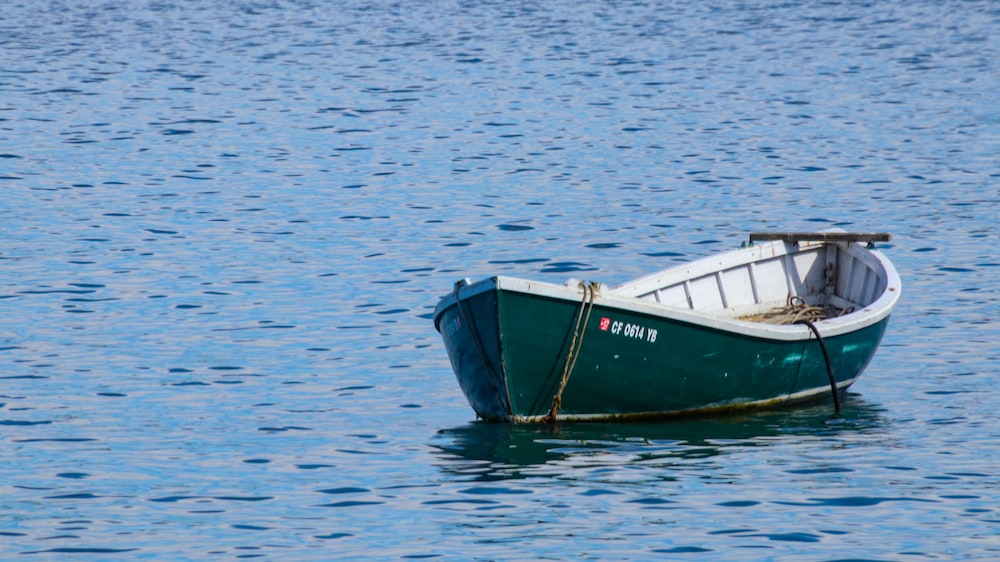Human trafficking is a grave crime that affects millions of people worldwide, and the UK has been a major player in global efforts to combat it. Human trafficking takes many forms, including trafficking for forced labour, sexual exploitation, and domestic servitude. However, one form that presents unique challenges is the trafficking of individuals on boats.
Human Trafficking by Boats
Trafficking on boats presents unique challenges for law enforcement agencies. Traffickers often use small boats to transport victims across borders, taking advantage of the mobility of watercraft to evade detection by authorities.
The victims of small boat trafficking are often hidden away in cramped and unsafe conditions, making it difficult to identify and rescue them. They may be transported in containers, hidden compartments, or below deck to make it challenging for authorities to find them. The traffickers may often resort to violence or threats to control and intimidate victims, making it more challenging for them to seek help or speak out.
Measures to Curtail Human Trafficking by Boats
To tackle the issue of human trafficking by boats in the UK, several measures have been implemented by the government and other stakeholders. These measures are aimed at preventing trafficking, protecting victims, and prosecuting traffickers.
Nationality and Borders Act (NABA)
The Nationality and Borders Act was enforced in April 2022. This Act promises to curtail human trafficking and offer support to those genuinely seeking asylum in the UK through legal methods. The Act addresses several issues and promises to curtail human trafficking by boats.
Two essential aspects of NABA are:
- The UK has introduced stricter penalties for individuals involved in smuggling migrants into the country through hazardous and unlawful methods, including piloting small boats. These penalties include the possibility of a maximum sentence of life imprisonment.
- The UK has raised the maximum penalty for individuals who illegally enter the country or overstay their visas from 6 months to 4 years imprisonment.
The Stop the Boats Bill
The “Stop the Boats” Bill is aimed at fulfilling the government’s promise to eliminate illegal entry as a means of seeking asylum in the UK. It intends to discourage individuals from undertaking dangerous and unnecessary journeys and disrupt the criminal gangs that profit from human trafficking.
Under the proposed law, individuals who illegally enter the UK will face detention detained, and they will be expeditiously returned to the country of their origin if it is safe. In cases where it is unsafe, they will be removed to another safe third country, ensuring they will receive support to rebuild their lives.
Under the Bill, those who enter the UK illegally will not be able to access the country’s slavery support system or be able to manipulate itto prevent their removal. By eliminating illegal immigration as a route to asylum, the Bill seeks to ensure that the UK can provide better support to individuals who arrive through legal and safe routes.
However, the UK is still committed to maintaining its compassionate approach towards refugees, as evidenced by its willingness to welcome those fleeing Afghanistan and Ukraine. The “Stop the Boats” Bill proposes that Parliament set an annual cap on the number of refugees who can be resettled through safe and legal routes while also considering local capacity for public services, housing, and community support.
Final Thoughts
Human trafficking by boat is a severe crime that presents unique challenges to law enforcement agencies. The UK has taken several measures to combat this issue, including the recently enforced Nationality and Borders Act and the proposed “Stop the Boats” Bill.
These measures aim to prevent trafficking, protect victims, and prosecute traffickers while ensuring that individuals seeking asylum in the UK do so through legal and safe means.


